Emergency! - Depression Myths
Depression is far more common in Singapore than one might think, with 5 percent of Singaporeans suffering from the mental disorder. How do you tell if a friend or close one has it?





Text by Lyn Chan
The world may never know whether close friends of American handbag designer, the late Kate Spade, ever spotted any behavioural changes in the weeks leading up to her suicide last year. As it came to light, her fans read in stunned shock how she struggled with depression, leading to her taking her own life. Her suffering blunted her image of a sleek fashionista with all the trappings of bountiful material and familial success.
Three days later, Anthony Bourdain, the renegade celebrity chef known for his sharp mind and equally sharp tongue, died, too, by suicide in a hotel room in France. The question "why?" still lingers. Their deaths were painful reminders in 2018 that the tsunami of depression could affect anyone, even those who seemed to have it all.
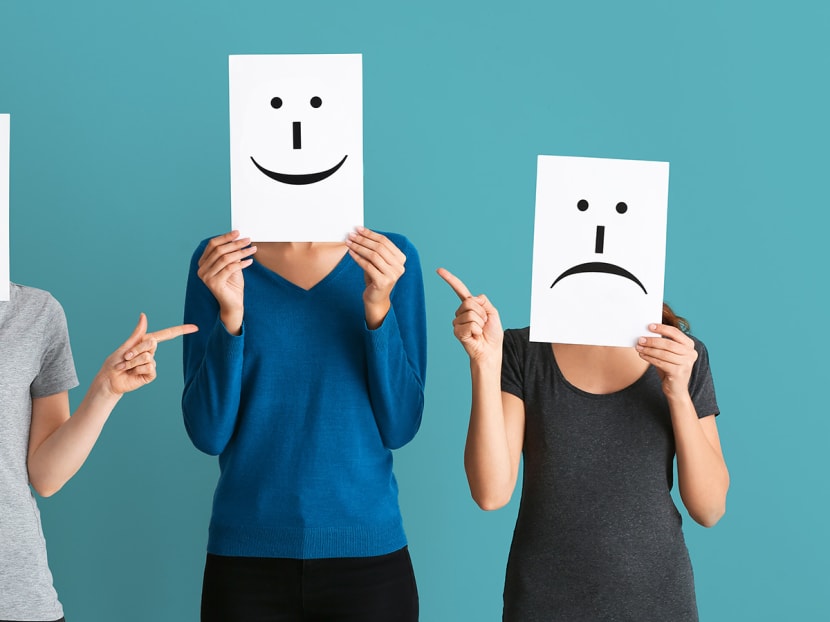
The second Singapore Mental Health Study initiated in 2016 showed that major depressive disorder was the most common mental illness with one in 16 people in Singapore having had the condition at some point in their lifetime. While some sought help, many suffer in silence. Over time, some do recover from depression. But some, unfortunately, do not.
Some patients describe depression as a thick, dark blanket of hopelessness. Winston Churcill had famously referred to it as an always present "black dog". Others say the illness hits you like a blindness that blocks out everything, except the worst feelings and the worst thoughts. Depression tells you lies, seduces you with falsehood till despair overcomes you.

Sometimes, the symptoms of depression do not manifest in those who have the illness, making it difficult to tell if a person has been afflicted. According to Dr Tor Phern Chern, a consultant with the Department of Mood and Anxiety at the Institute of Mental Health, or IMH, there are some clear signs to look out for:

"A person's behaviour may be mistaken as normal, so it is hard to tell if he is suffering from depression. For instance, when he does not want to go to work or he only wants to sleep, we might think he is just being lazy and ignore him, not realising that he is showing symptoms of depression."
Dr Tor added that a person in depression will also avoid social interaction and activities, often shutting himself off in the room.
2
Persistent chronic negativity
Unexplained despondency or prolonged irritability, a suffocating pessimism, a loss of interest in activities that had been important, and changes in eating and sleeping patterns are common among those with depression. In serious cases, thoughts of suicide may occur. 3
Physical transformation
"Some patients may also experience insomnia or lethargy, as well as changes in appetite and weight. They may also have trouble concentrating and unexplained aches and pains," said Dr Tor.
We have to ask ourselves how severe the symptoms seem, and how persistent they are. When a family member or a friend really seems to have changed, we cannot ignore the distress signals and write them off as just being "emo" or "in a bad mood".
If you spot any of these signs lasting more than two weeks among family or friends, seek professional medical advice as soon as possible
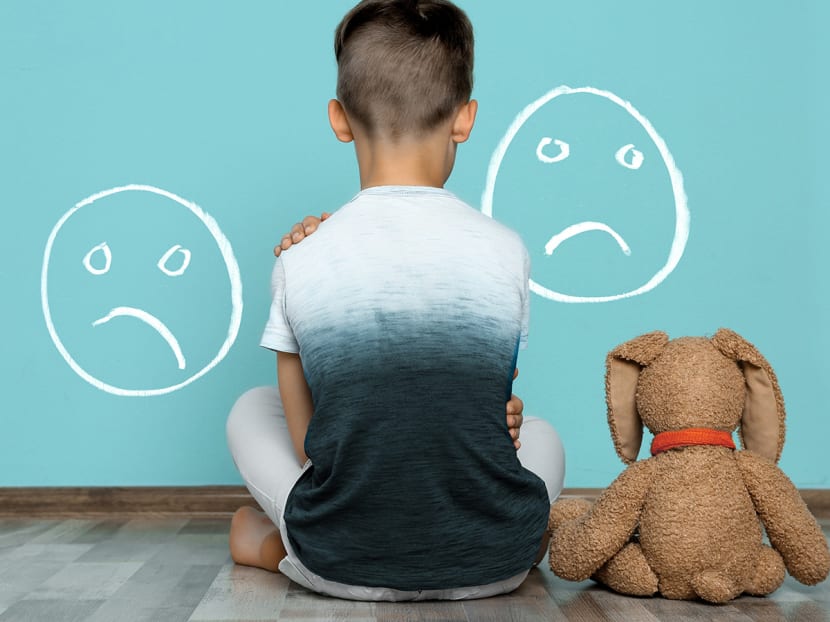
Dr Tor said three factors can predispose you to depression:
- Genes
Heredity from an immediate family member can be one of the factors that causes depression. "The closer the blood relationship, the higher the chance of passing on the illness. But this does not mean that all patients' offspring will definitely suffer from depression," Dr Tor reiterated.
Family history, however, is not destiny. The heritability of depression refers to an underlying risk of depression, not to be mistaken as a guarantee. The causality of depression is shaped by an inextricable mix of factors on multiple levels.
- Personality traits
Anxiety is closely tied to depression. In children, untreated anxiety disorders can suppress their lives, becoming a gateway to other mental health problems — like depression. "Those with a stubborn personality, are pessimistic, have extreme views or get anxious easily are also more likely to suffer from depression."
- Personal experiences
Traumatic experiences, such as prolonged bullying or domestic violence, during childhood or pivotal growing-up years, may lead to depression. It is also estimated that patients with serious or chronic medical conditions could be more prone to experiencing symptoms of depression.
MISCONCEPTIONS ABOUT DEPRESSION
Depression is a complex mental health issue that is difficult to understand, which explains the many misconceptions that swirl around it. Are you guilty of some of these? 1
Depression will always lead to suicide
Dr Tor stressed, "Not every patient with depression has suicidal tendencies, but the more severe the depression, the higher the risk of suicide."
Globally, 25 to 50 per cent of suicide cases may be related to depression.
2
Drugs to treat depression make you reliant on them and change the way you think
Drugs to treat depression are like any other drug to treat a medical condition, such as pills to maintain a healthy blood pressure, or insulin that alleviates diabetes.
These drugs "restore the balance of neurotransmitters that affect mood and emotions," explained Dr Tor. In no way do they change how a patient with depression think. Rather, they "eliminate any self-blaming illusions".
3
Anti-depressants keep you drowsy so you can 'sleep off' your negative thoughts
Some anti-depressants may make you sleepy. This is a side effect similar to common drugs like flu medicine. Not all medication for depression cause drowsiness. 4
Depression is just a more intense version of sadness
Depression and sadness are different, although you can say that they share a common border. Sadness is a reaction to personal or universal miseries. "Melancholy is a natural emotional response. When you fall out of love, your life is in trouble, or you lose your loved ones, it is natural to feel sad," said Dr Tor.
"Depression is called a disease because patients are not in control psychologically and physiologically as a result of malfunctioning neurotransmitters. They have difficulty regaining their mental and emotional vitality." Conversely, there is nothing unhealthy about sadness.
"It is important to remember that patients do recover from depression," Dr Tor emphasised. The disease may not be eradicated. It may even recur. But as long as you maintain a balanced lifestyle and a positive outlook on life, you can ward off the recurrence of depression.
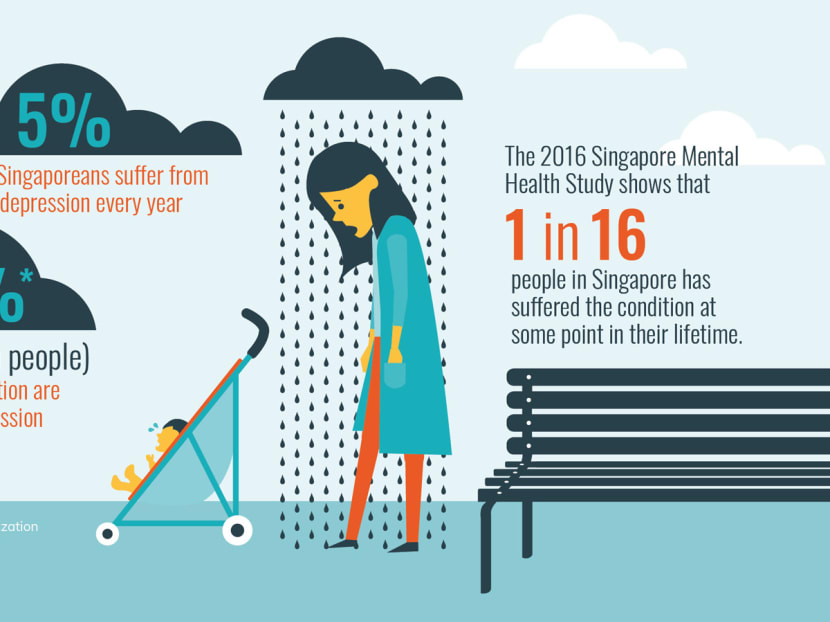






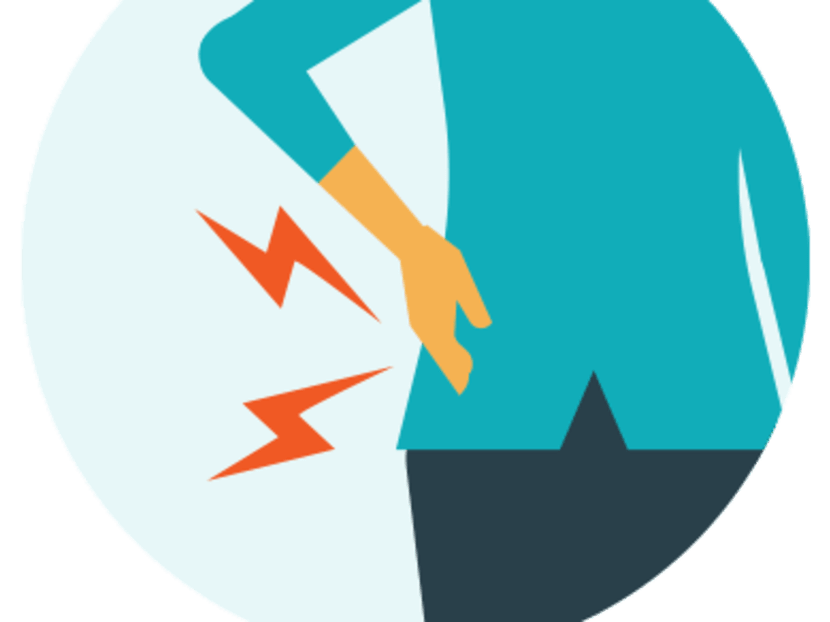
Globally, more women are diagnosed with depression than men. However, it is not conclusive if this is reflective of the disease or the result of the men being less likely to seek help then women. It is likely a combination of such factors.
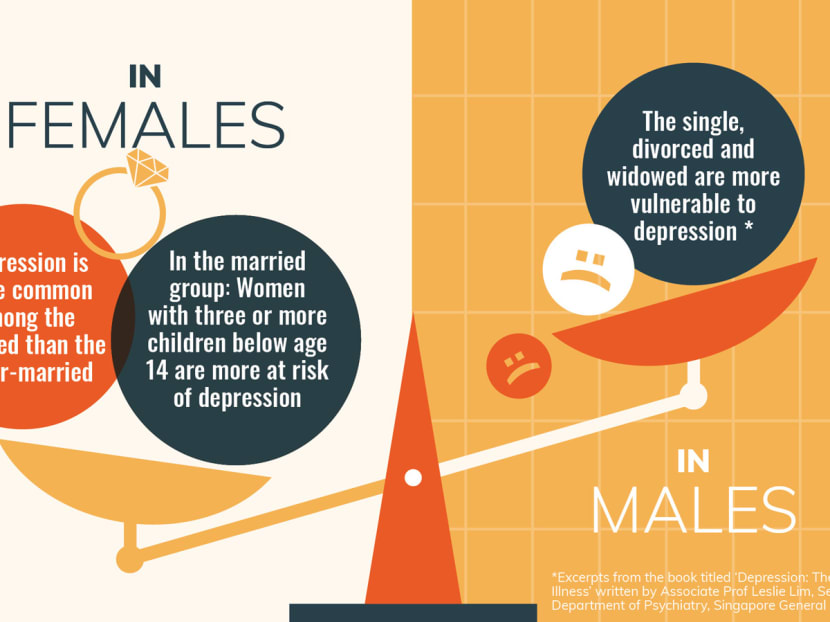
There are no easy answers to help someone coping with depression, especially when your reserve of compassion is drained, and you feel that nothing you say or do makes a difference anyway. But help, you must!

Do not underestimate the power of your presence when someone is depressed. No words are needed; show up and be there for your loved ones to remind them that they are special and not alone.

Refrain from pointing out how wonderful your loved one's life and accomplishments are — even if it is true. You may give the impression that you do not understand the pain he is going through. Also, resist the urge to offer suggestions and solutions. Simply listening is better.

While it is true that depression and suicide do not always go hand-in-hand, depression is often a factor in suicide. Ask openly, "Are you thinking of killing yourself?". If the answer is yes, keep calm and find out what is running through his mind — the more you know, the easier it is to stop your friend from hurting himself.
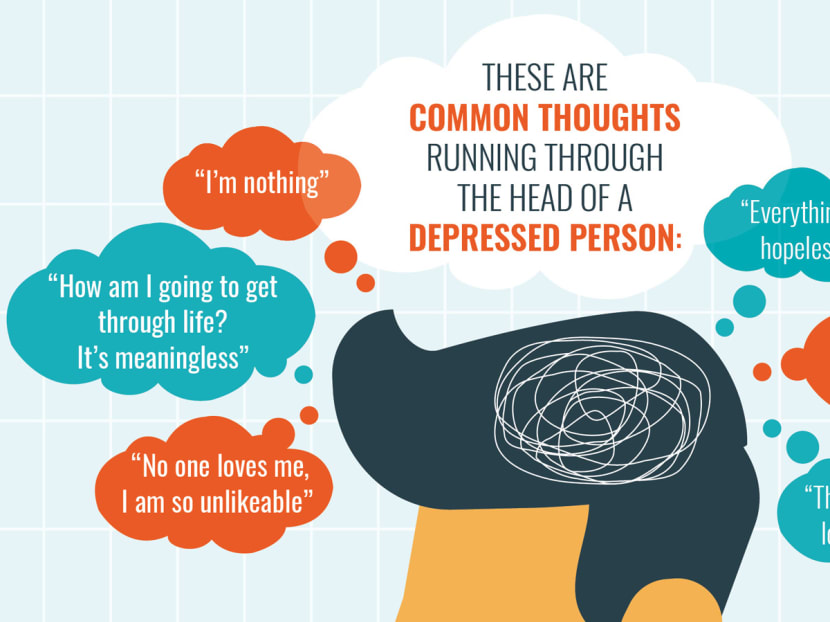
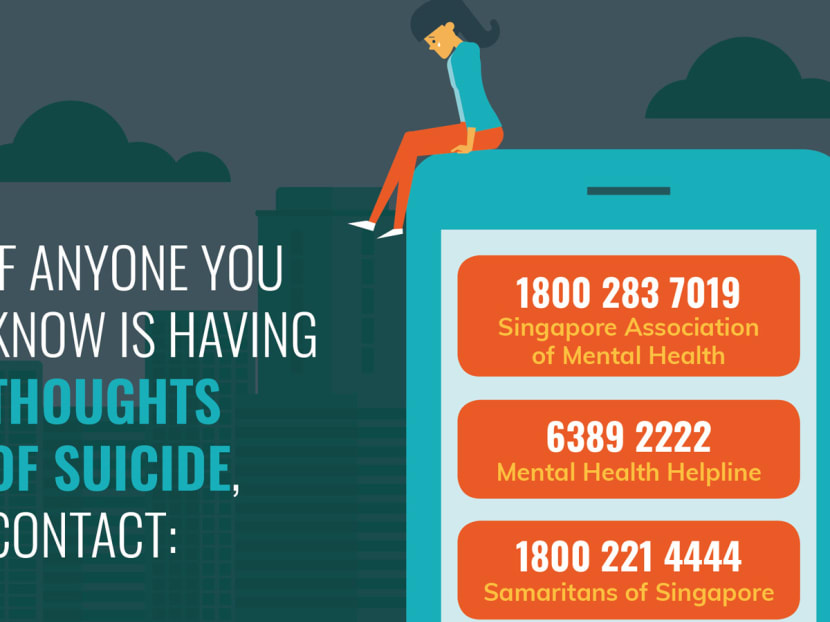
Medical consultation and counselling expertise provided by:
Dr Tor Phern Chern, Consultant, Department of Mood and Anxiety, Institute of Mental Health; Ms Chermain Wong, Deputy Head and Senior Clinical Psychologist, Mood Disorders Unit, Institute of Mental Health
Download as PDF






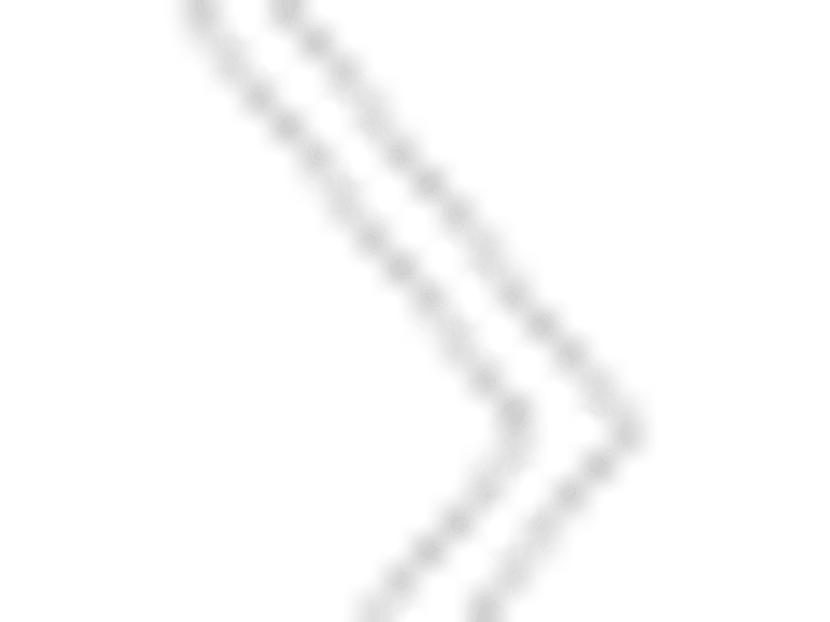
Emergency! — Overview $(document).ready(function(){ $("#depression-info1").click(function(){ $("#depression-infoImg1").modal(); }); $("#depression-info2").click(function(){ $("#depression-infoImg2").modal(); }); $("#depression-info3").click(function(){ $("#depression-infoImg3").modal(); }); $("#depression-info4").click(function(){ $("#depression-infoImg4").modal(); }); });








